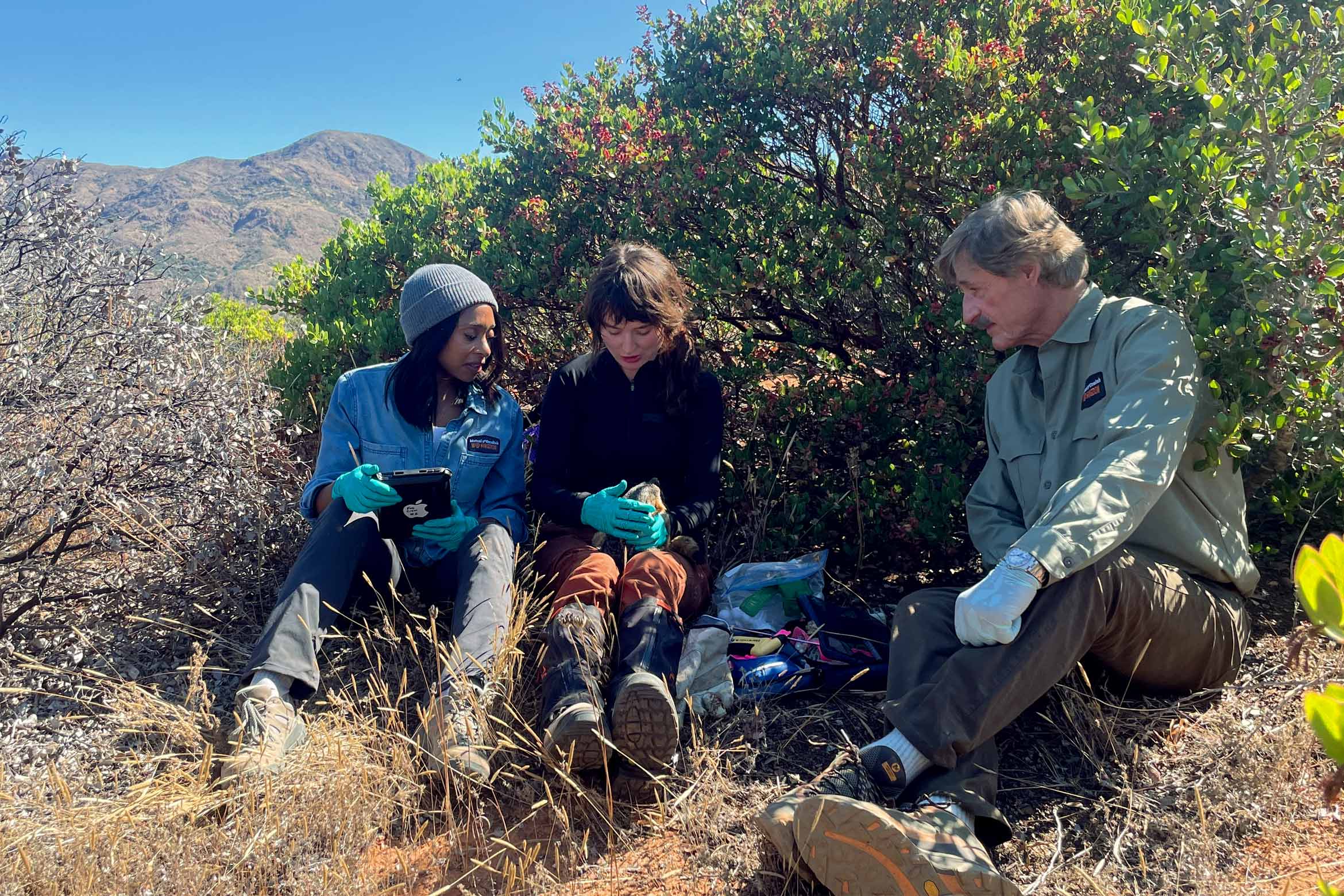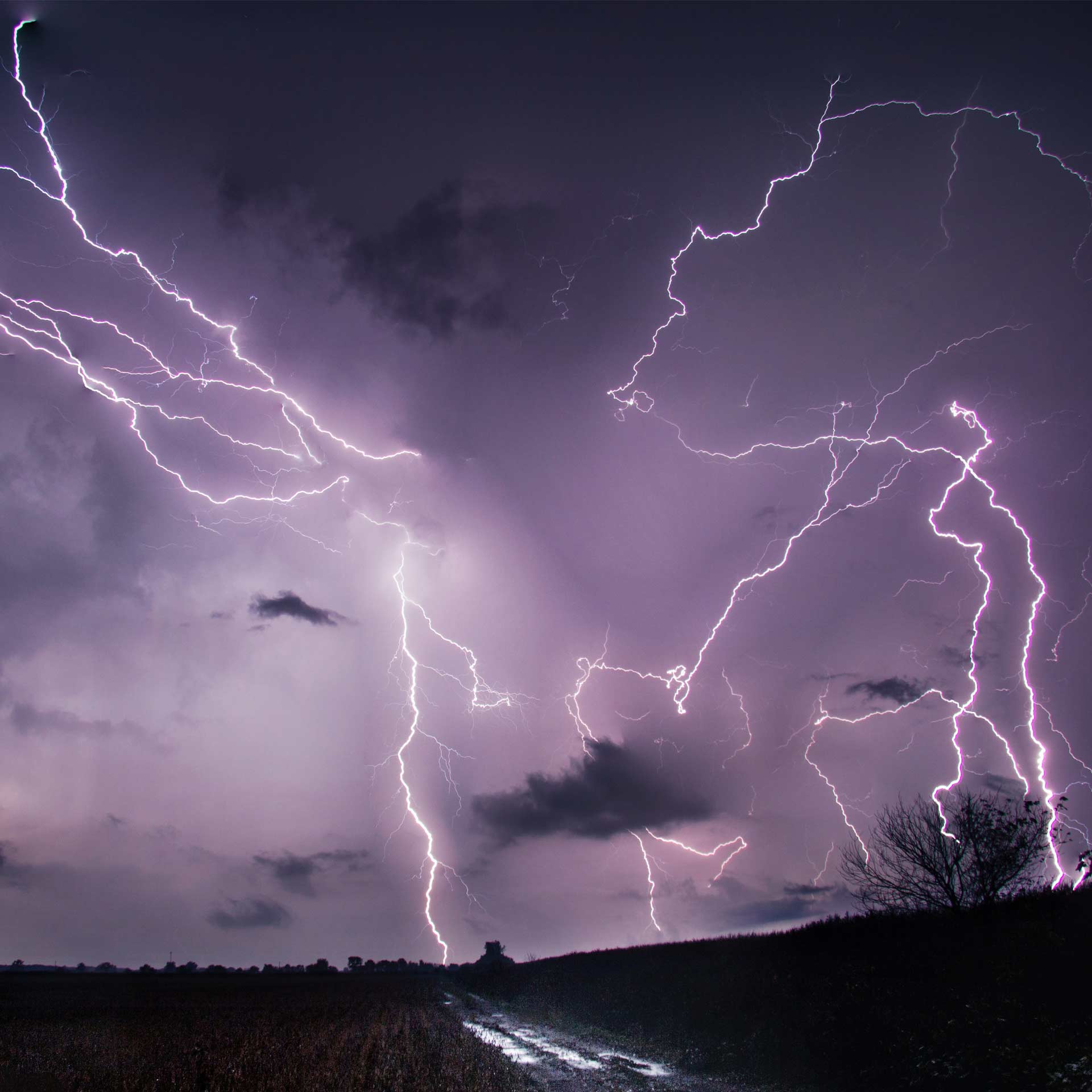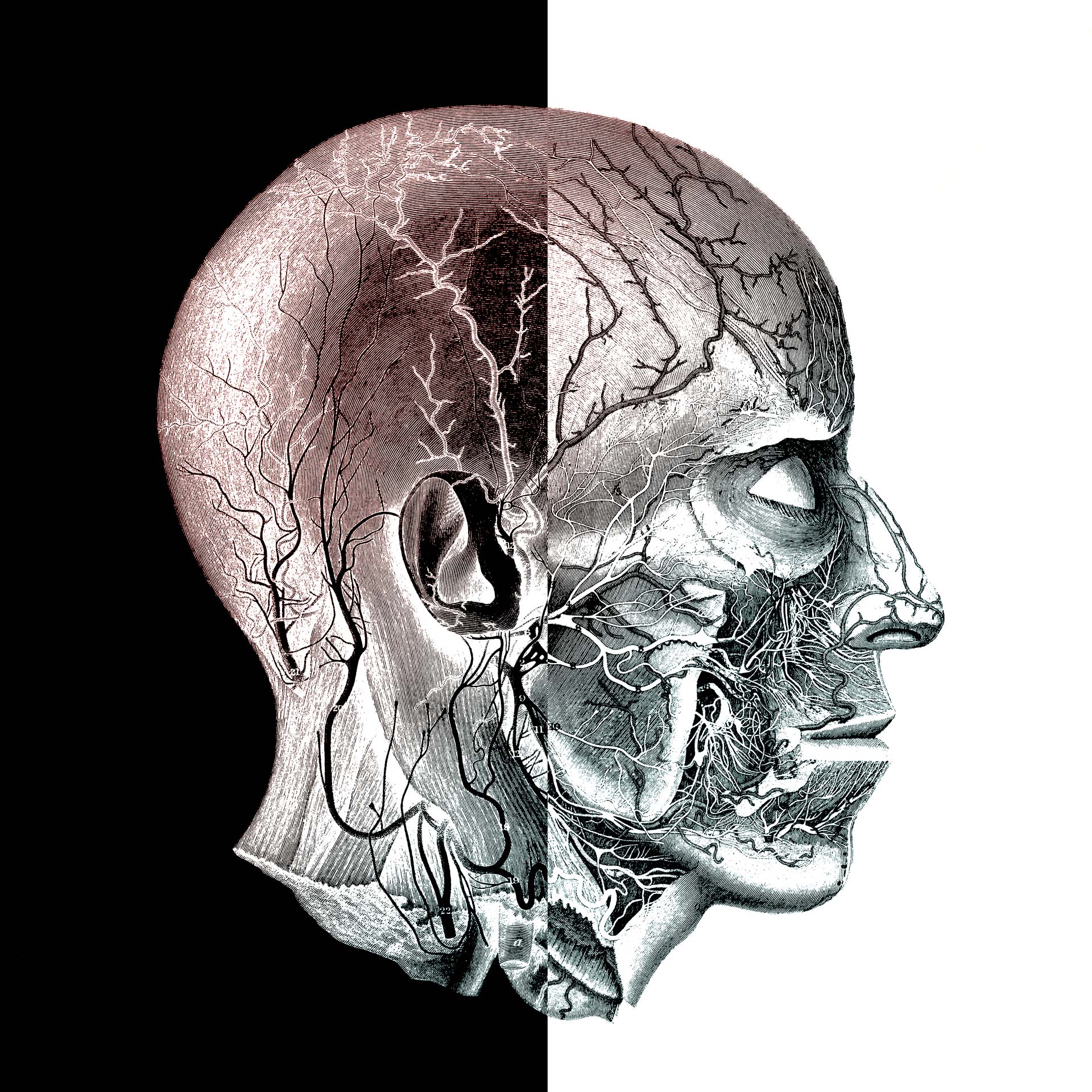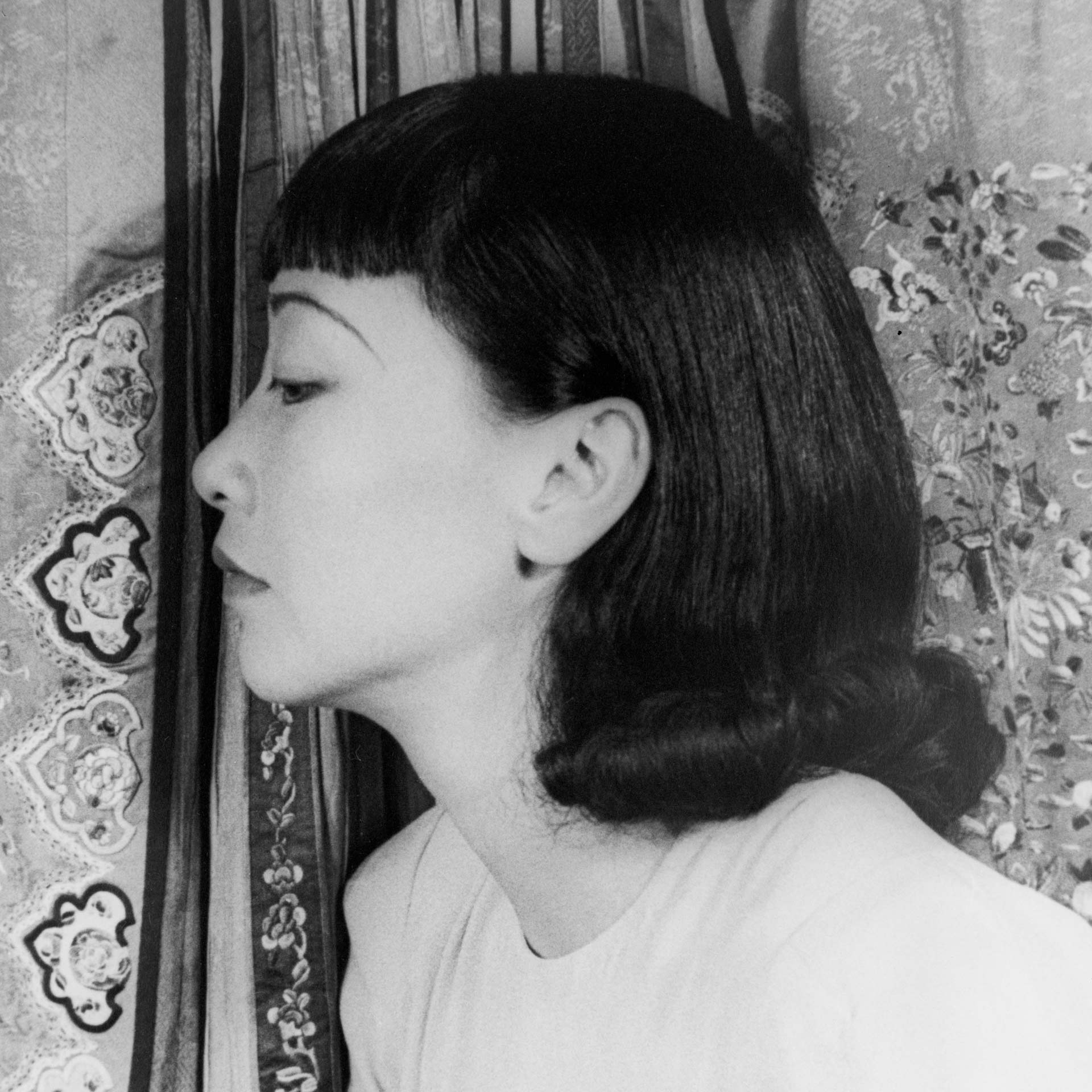She decided it best to go all in, signing up for the most rigorous study abroad program she could find that would still be covered by her scholarship program. Soon she was off to Kenya to live with a Maasai tribe and study wildlife management. On her first day in the east African country, she laced up her first pair of hiking boots, pitched her first tent, spotted her first large animal in the wild and met her first Black wildlife professor. “It was the real deal,” she says. “It just all clicked.”
She set her course. After Emory, she earned a master’s in environmental studies from Yale University and her Ph.D. in ecology and evolution from Columbia University. Her work has taken her to six continents, with several trips to Africa to study lions in Tanzania, gorillas in the Congo basin and lemurs in Madagascar.
Aside from the rigorous academic demand of multiple science degrees and the corresponding field work — sleeping on the ground, eating out of cans, fighting tropical diseases and sometimes failing to find the animals she’s tasked to study — Wynn-Grant’s career path has also been littered with the speed bumps and barriers of racism.
Even in academia, she’s come up against implicit bias, a chronic barrage of micro and macro aggressions against people of color and other experiences. She details these in her “Going Wild with Dr. Rae Wynn-Grant,” a PBS Nature podcast about “the human drama of saving animals.”

Dr. Rae Wynn-Grant and co-host Peter Gros on Santa Cruz Island
As a doctoral student, Wynn-Grant remembers more than once entering a research facility and being repeatedly told it was “for scientists only” — one time actually being pushed back into the elevator as she arrived. And just a few years ago in the American South, while driving to a remote wilderness research site, she passed rural homes flying Confederate flags and a frontyard display of a Black man lynched in effigy.
“A lot of the hardest moments in my career have been because of who I am as a Black female,” she says. “And that’s not fair.” In 2014, when she was scheduled to give a bear talk at a prestigious ecology conference in Ferguson, Missouri, the day after Michael Brown, an unarmed Black teen, was shot and killed by a white officer, sparking violent protests citywide, she nearly called it quits. “What was the point of getting a Ph.D. when my dad or my husband or I could get shot in the street just for being Black?”
Those experiences have set the stage for a career that’s much more than just showing up for the animals she’s trying to help. For Wynn-Grant, there would always be more and higher hurdles to overcome, plus what she considers her duty to the Black community as an advocate and role model.
“This extra piece, this identity piece, this specific type of strength that I and people like me have to bring every day — it’s hard for sure,” she says. “Racism limits our capacity to do our work to help the planet. Environmental science is important to the world, and we need help.”
That means tearing down the barriers to entry.
“One way to avert environmental problems is to address racism,” she says. “Any problem is better solved by a diverse group of people. I’m still working hard to see and fight for that and to make the planet a healthier and more balanced place.”





